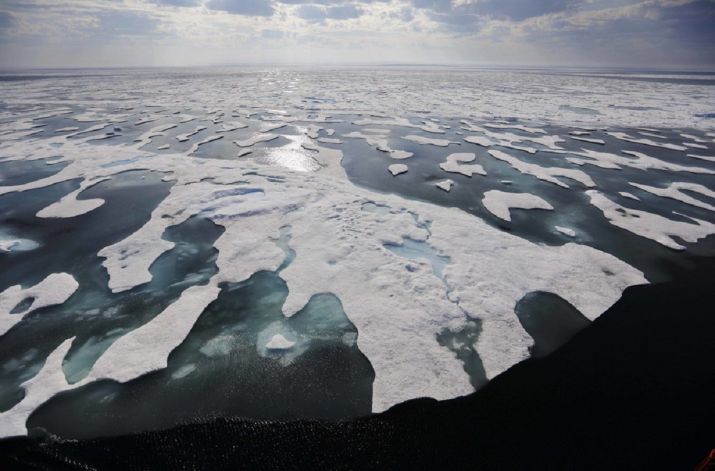Study on Ice-Free Conditions of Arctic Ocean
The Arctic Ocean, known for its vast expanse of ice, could be facing a dramatic change in the coming years. A recent international study suggests that the Arctic Ocean could become ice-free in the summers by the 2030s.
Ice-Free Arctic: A Startling Possibility
The study indicates that the Arctic Ocean may experience ice-free conditions during the summer months within the next decade. This alarming prediction raises concerns about the future of the Arctic ecosystem and the broader implications for the planet.
Publication in Nature Communications
The groundbreaking study was published in the esteemed peer-reviewed journal, Nature Communications. This platform ensures the dissemination of accurate and scientifically rigorous information.
Unveiling the “Baked” Reality
The study reveals a striking finding – the absence of ice in September, a critical month for Arctic ice coverage, is already “baked” into the Earth’s climate system. This means that regardless of global efforts to reduce greenhouse gas emissions, ice-free conditions in September are virtually inevitable.
The Impact of Human Activities
Greenhouse gas emissions, primarily from burning fossil fuels, are identified as the major contributors to the decline in Arctic sea ice. Human activities significantly outweigh natural factors such as solar and volcanic activity in driving this alarming trend.
Implications for the Arctic and Beyond
The decline in Arctic sea ice has far-reaching consequences. It affects local communities and wildlife, including iconic species like polar bears and walruses. Moreover, the loss of Arctic sea ice disrupts the delicate balance of the Earth’s climate system, further exacerbating global warming.
Month: Current Affairs - June, 2023
Category: Environment Current Affairs


